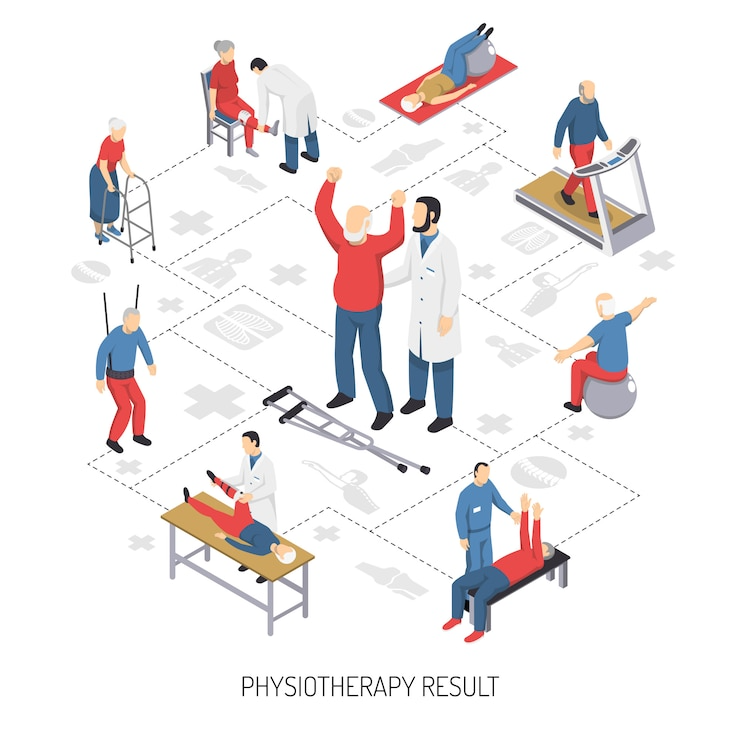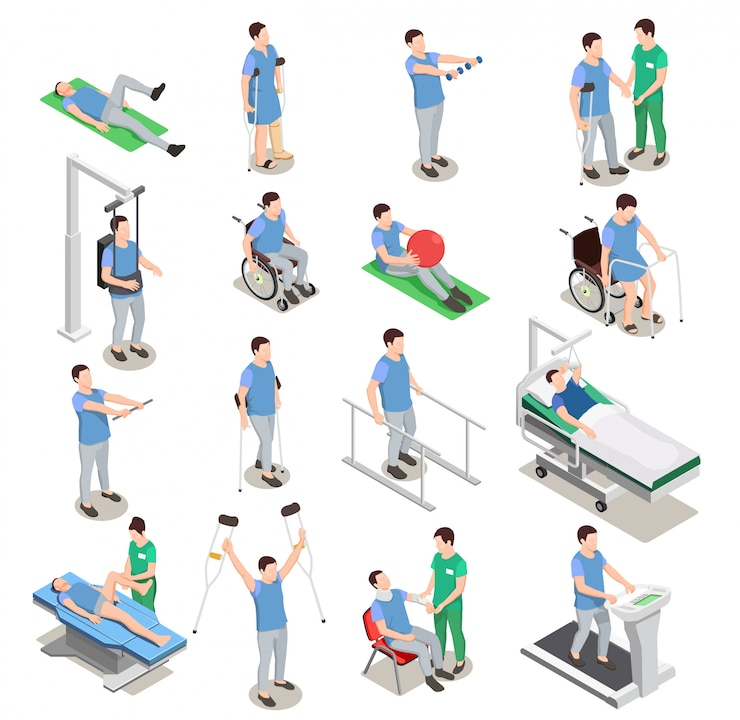
Physiotherapy Ummeed


Best Physiotherapist Near Me
Title: Unlocking the Power of Physiotherapy: Restoring Movement, Enhancing Well-being
Physiotherapy, also known as physical therapy, is a dynamic healthcare profession that plays a vital role in restoring, maintaining, and maximizing physical function and mobility. It utilizes a combination of evidence-based techniques, exercise, education, and manual therapy to alleviate pain, improve strength, flexibility, and overall well-being. Physiotherapists are highly skilled professionals who work closely with patients to address a wide range of musculoskeletal, neurological, and cardiovascular conditions. In this article, we will explore the transformative power of physiotherapy and the various ways it enhances the lives of countless individuals.
The Scope of Physiotherapy:

Physiotherapist at Home
Physiotherapy encompasses a broad spectrum of conditions and patient populations. From individuals recovering from surgery or injury to those with chronic pain or neurological disorders, physiotherapists employ specialized knowledge and techniques to meet the diverse needs of their patients. Some common areas in which physiotherapy has proven to be effective include:
Physiotherapist
Musculoskeletal Rehabilitation:
Physiotherapy is widely recognized for its role in rehabilitating musculoskeletal conditions, such as sprains, strains, fractures, and joint replacements. Through targeted exercises, manual therapy, and other modalities, physiotherapists restore range of motion, strengthen muscles, and enhance functional abilities.
Pain Management:
Chronic pain affects millions of people worldwide and can significantly impact their quality of life. Physiotherapists employ various approaches, including heat/cold therapy, electrical stimulation, ultrasound, and manual therapy techniques, to manage pain, reduce inflammation, and improve overall comfort.
Neurological Rehabilitation:
Individuals with neurological conditions, such as stroke, multiple sclerosis, or Parkinson’s disease, often experience difficulties with movement, balance, and coordination. Physiotherapy interventions, including gait training, balance exercises, and functional retraining, help optimize independence and enhance overall mobility.
Cardiorespiratory Rehabilitation:
Physiotherapists play a crucial role in cardiac and pulmonary rehabilitation programs. Through tailored exercises, breathing techniques, and endurance training, they help individuals with cardiovascular and respiratory conditions regain strength, improve endurance, and enhance their overall cardiovascular health.
Sports Injury Prevention and Performance Enhancement:
Physiotherapists work closely with athletes of all levels to prevent injuries and optimize performance. They provide customized exercise programs, biomechanical analysis, and injury prevention strategies to help athletes reach their full potential and stay in peak condition.

The Therapeutic Techniques:
Physiotherapy employs a range of therapeutic techniques tailored to individual needs and goals. These may include:
Exercise Prescription:
Physiotherapists design specific exercise programs that focus on stretching, strengthening, and conditioning to improve mobility, stability, and function. These exercises can be performed in a clinical setting or at home, ensuring ongoing progress and maintenance.
Manual Therapy:
This hands-on approach involves the skilled manipulation of joints, soft tissues, and muscles to alleviate pain, restore mobility, and optimize physical function. Techniques such as joint mobilization, massage, and myofascial release are commonly employed.
Electrotherapy and Modalities:
Physiotherapists use various modalities, including ultrasound, electrical stimulation, laser therapy, and heat/cold therapy, to reduce pain, promote tissue healing, and enhance overall recovery.
Education and Self-Management:
A significant aspect of physiotherapy is empowering patients with knowledge and self-management strategies. Physiotherapists provide education on posture, body mechanics, ergonomics, and lifestyle modifications to prevent future injuries and manage existing conditions independently.
Conclusion: Physiotherapy Adwait
Physiotherapy is a multidimensional healthcare profession that empowers individuals to regain control over their bodies and lives. By addressing a wide range of conditions and utilizing evidence-based techniques, physiotherapists provide invaluable support in restoring function, reducing pain, and improving overall well-being. Whether it’s recovering from an injury, managing chronic pain, or enhancing sports performance, physiotherapy offers a personalized approach to help individuals achieve their optimal physical potential. As the field continues to evolve and adapt to the ever-changing healthcare landscape, physiotherapy remains at the forefront of promoting mobility, independence, and a higher quality of life for countless individuals around the world.




